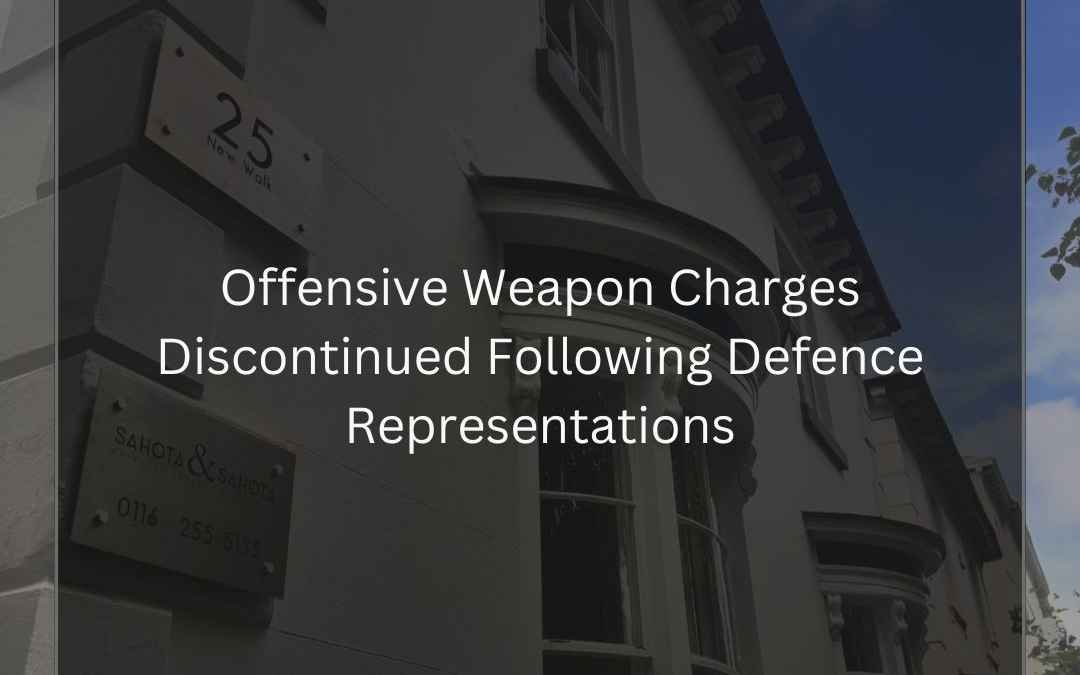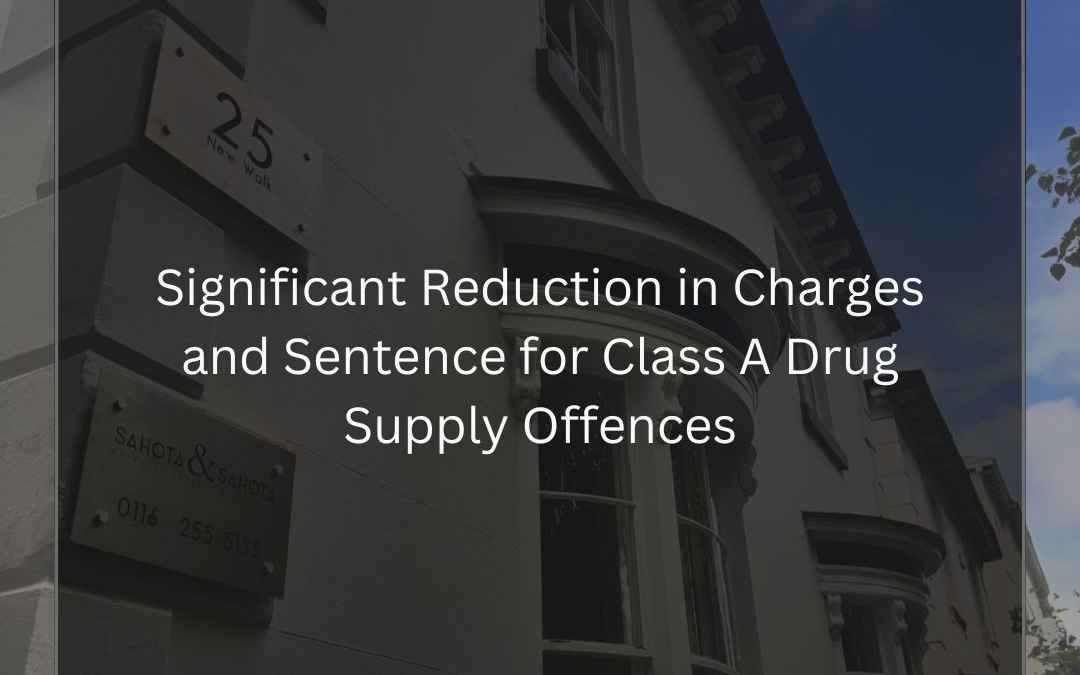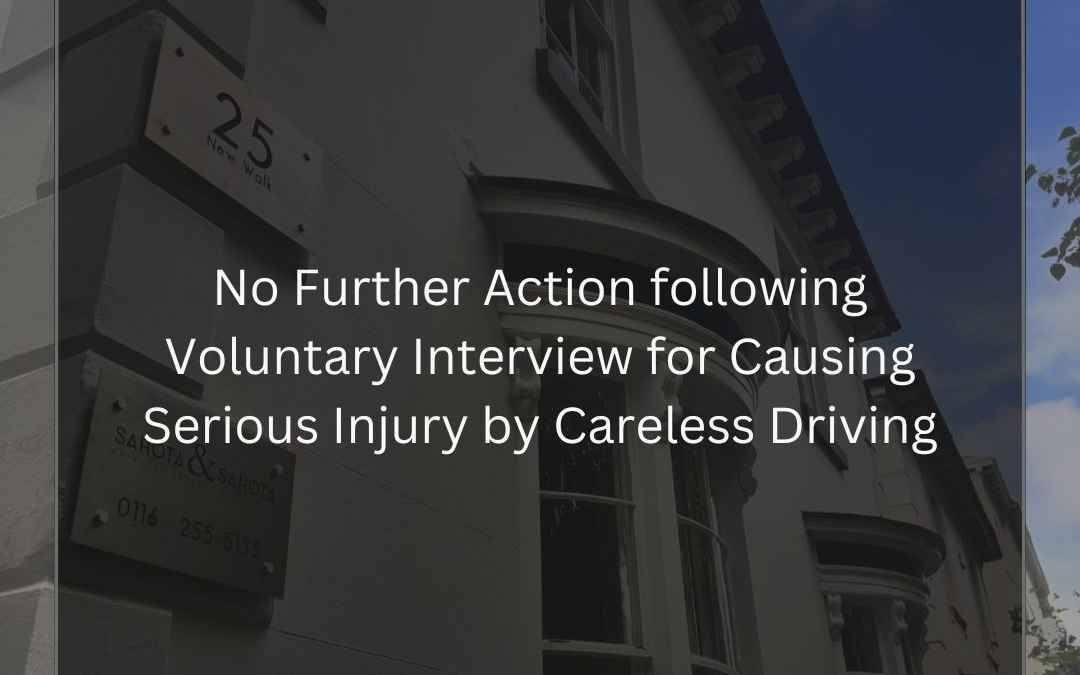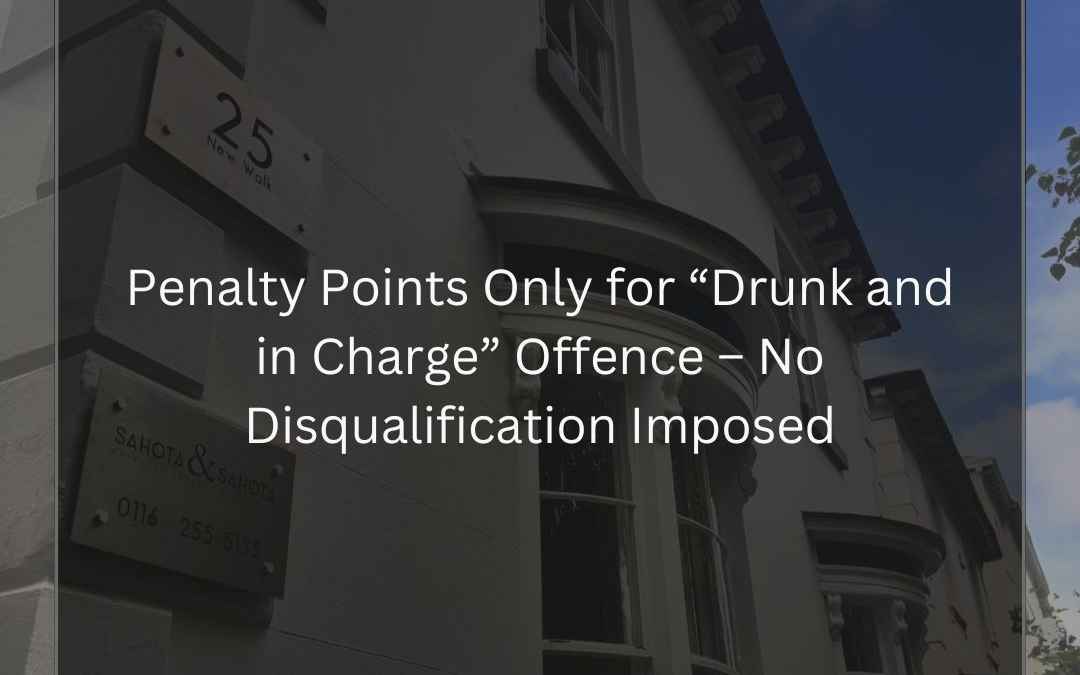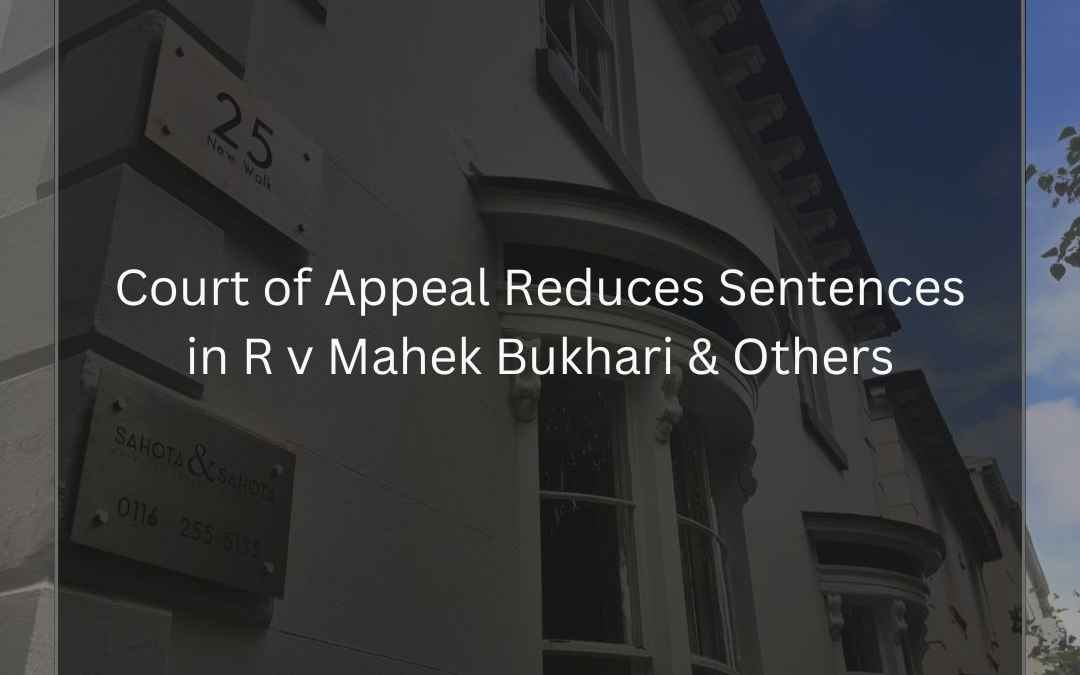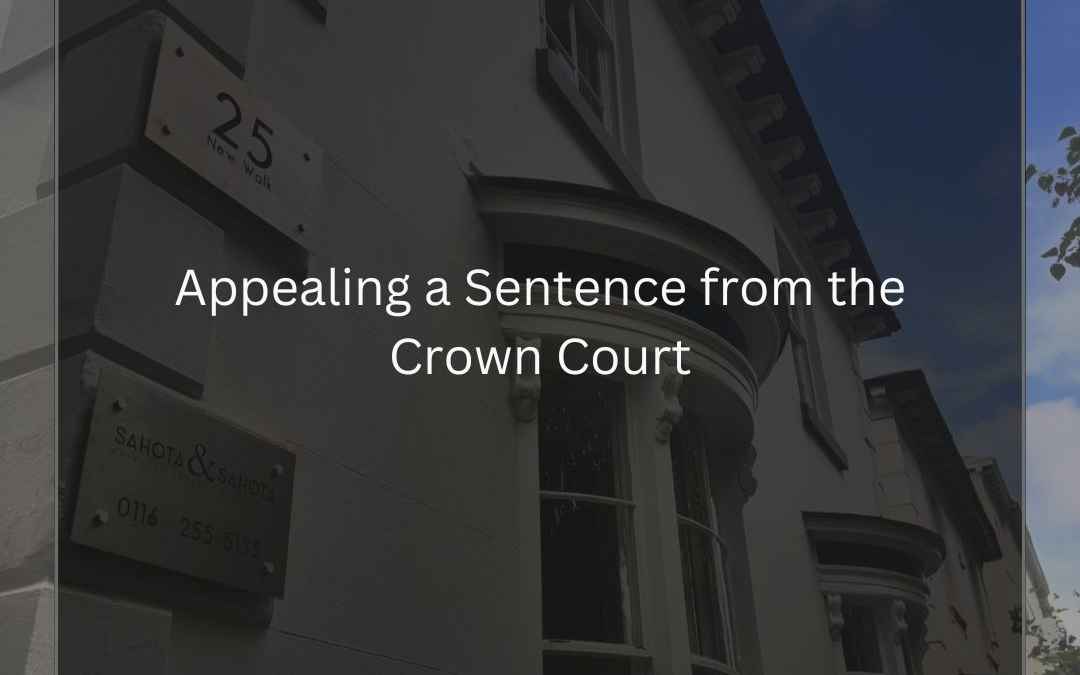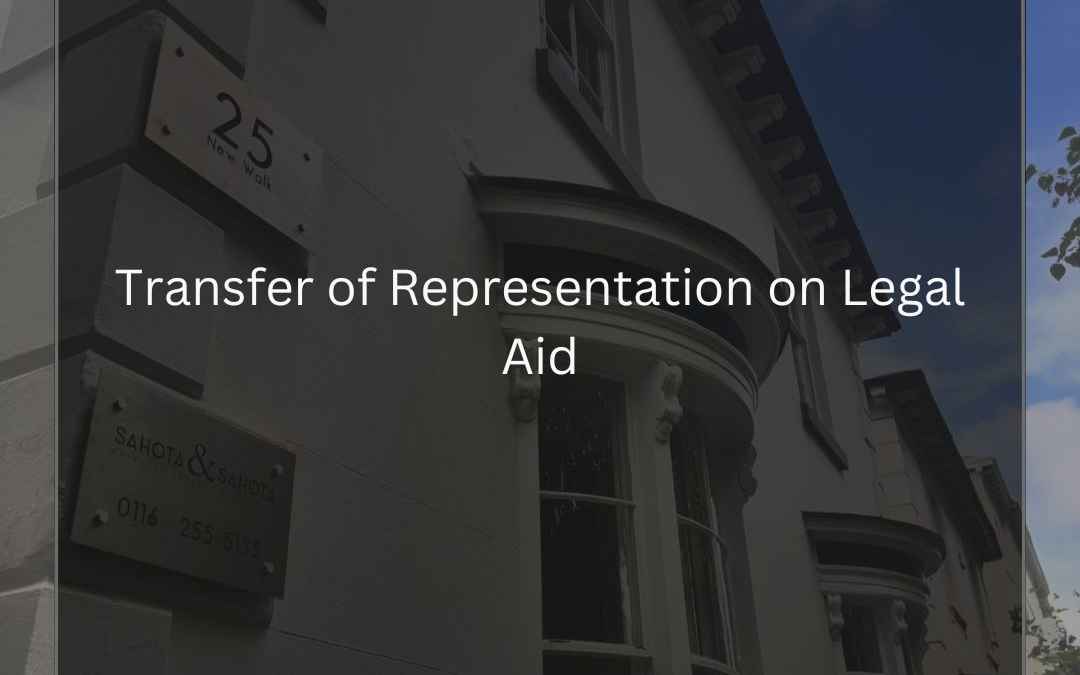If you are facing criminal charges in the Crown Court, you may have the opportunity to make an application to dismiss. This legal procedure allows a defendant to challenge weak or insufficient evidence before a trial takes place. Successfully dismissing charges at an early stage can save time, money, and unnecessary stress.
In this article, we will explain what an application to dismiss is, when it can be made, and the advantages and disadvantages of making such an application.
What is an Application to Dismiss?
An application to dismiss is a legal request made by the defence to have some or all of the charges thrown out before the trial begins. This application is available only in Crown Court cases and applies to indictable offences or cases that have been sent from the Magistrates’ Court to the Crown Court.
The key argument in an application to dismiss is that the prosecution evidence is too weak for a reasonable jury to convict, even if they accept the evidence as true.
When Can an Application to Dismiss Be Made?
An application to dismiss can be made after the case has been sent to the Crown Court, but before the defendant is formally “arraigned” (i.e., before entering a plea at the Crown Court).
It is typically used in situations where:
- The evidence is weak or unreliable, and there is little chance of conviction.
- The prosecution case is based on speculation rather than solid proof.
- The evidence does not establish the necessary legal elements of the offence.
- A key witness has retracted their statement or is deemed unreliable.
The defence must submit written arguments explaining why the case should be dismissed, and the prosecution will have an opportunity to respond. The judge then decides whether the case should continue or be dismissed.
Pros of Making an Application to Dismiss
Avoids the stress and cost of a full trial – If successful, the defendant will not have to go through the ordeal of a trial.
Saves time and resources – It can prevent months and often years of legal proceedings, reducing stress for the defendant and their family.
Protects the defendant’s reputation – If the charges are dismissed early, it can prevent the damage that a criminal trial might bring.
Stops weak cases from going to trial – If the prosecution has insufficient evidence, this application ensures that cases with no real prospect of conviction do not proceed.
Cons of Making an Application to Dismiss
- High threshold for success – Applications to dismiss are only granted in clear-cut cases where the evidence is obviously weak. If there is any reasonable evidence, the judge is likely to let the case proceed to trial.
- Can reveal defence strategy – If the application is unsuccessful, the prosecution may gain insight into the defence’s arguments and adjust their case accordingly.
- Might not be cost-effective – If the application is unlikely to succeed, the defence may spend time and resources preparing arguments that ultimately do not prevent a trial.
Should You Make an Application to Dismiss?
The decision to apply for a dismissal of charges depends on the strength of the prosecution’s case and the specific circumstances of your case. If the evidence is clearly weak, an application to dismiss is a powerful tool to prevent an unnecessary trial. However, if there is some evidence that could support a conviction, it may be better to challenge the case at trial instead.
At Sahota & Sahota Solicitors, we have extensive experience in analysing cases, identifying weaknesses in the prosecution’s evidence and advising on the best legal strategy.
If you are facing criminal charges in the Crown Court, we can assess whether an application to dismiss is the right move for your case.


